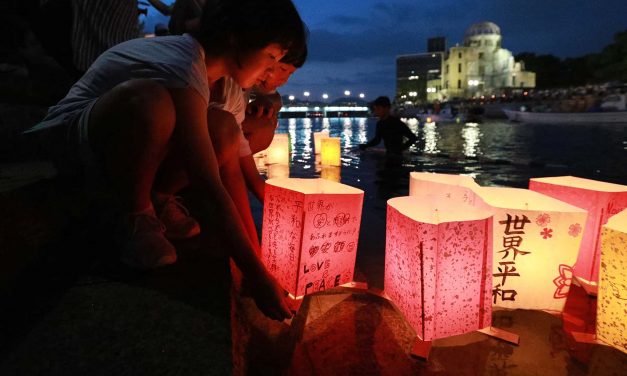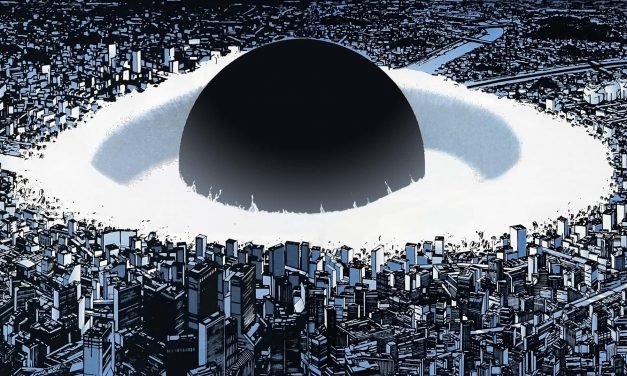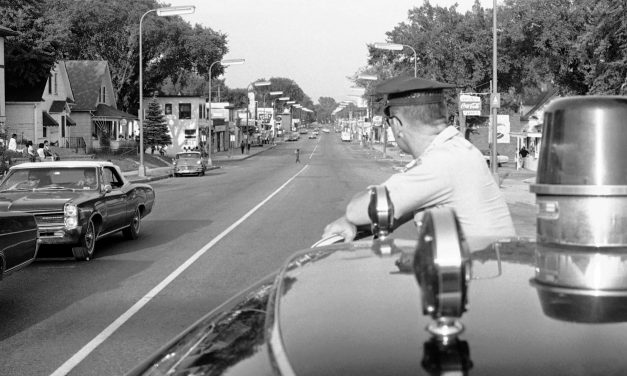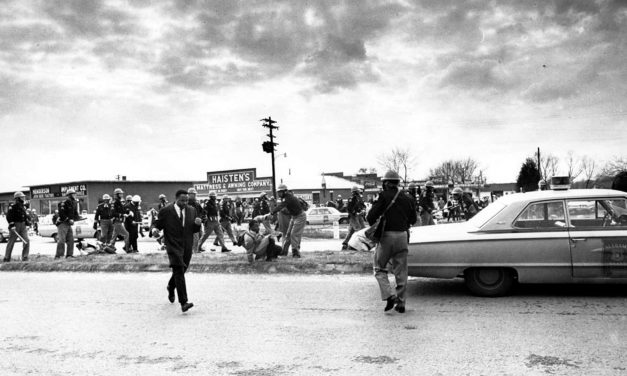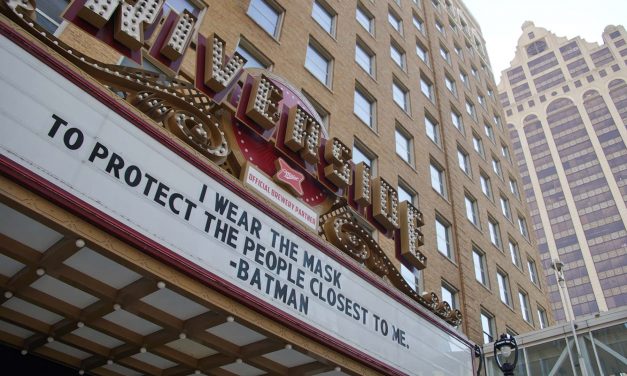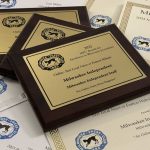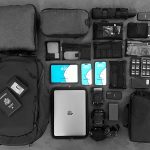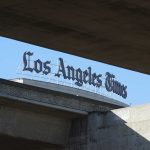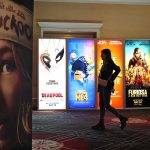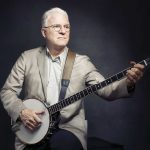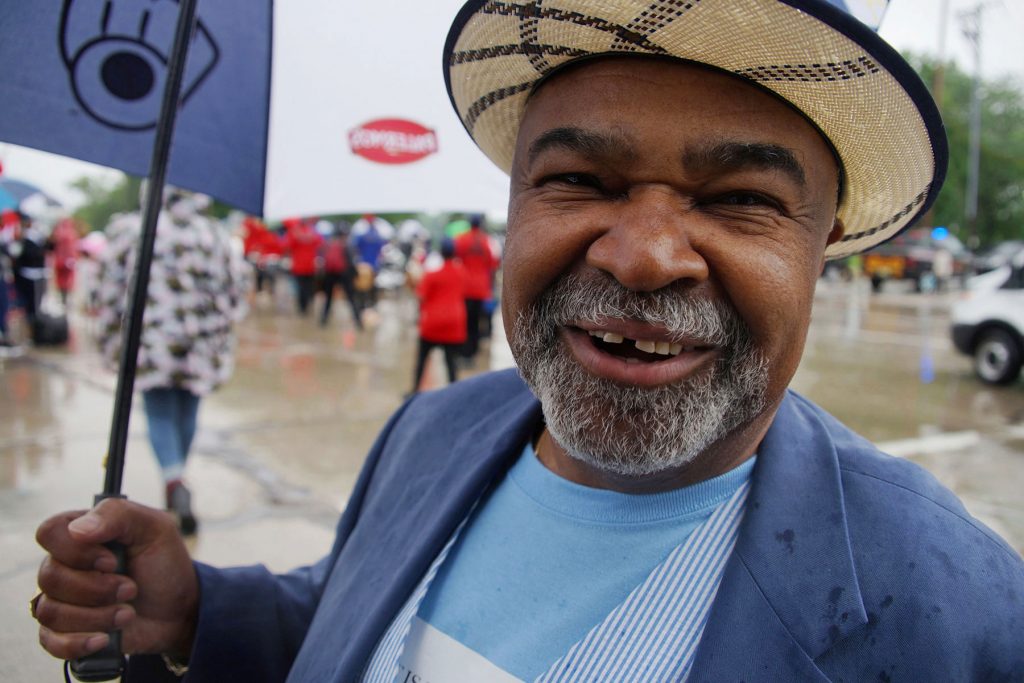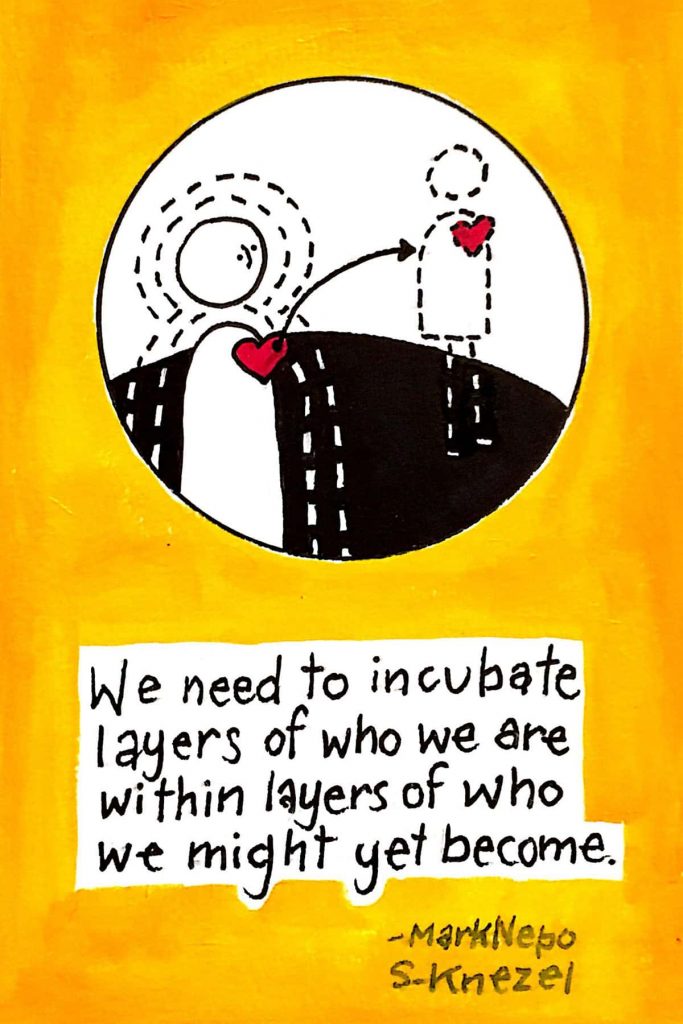Remembering Sadako Sasaki: The enduring controversy of why America used Atomic weapons on Japan
By Amy Maguire, Senior Lecturer in International Law and Human Rights, University of Newcastle On August 6, 1945, the United States dropped an atomic bomb on the city of Hiroshima, Japan. Three days later, on August 9, 1945, the United States dropped a second atomic bomb on Nagasaki. These remain the only two instances of nuclear weapons being used in warfare to this day. The second world war commenced in 1939. While the war in Europe ended on May 8, 1945, the war in the Pacific only ended with Japan’s unconditional surrender to the Allies on August 15, 1945....
Read More
